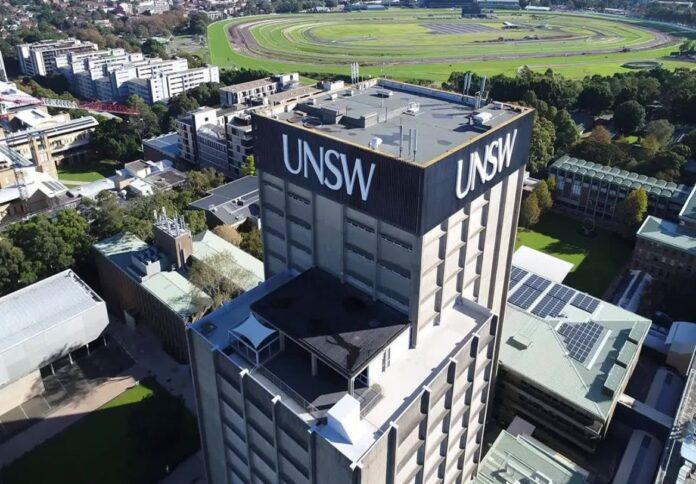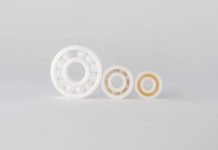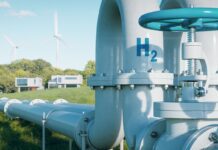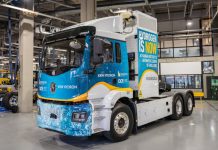
UNSW Sydney researchers have released a report exploring the feasibility of collaboration between Australia and Germany on hydrogen and green metals, as part of the Federal Government’s Green Metals for Sustainable Steel from Australia and Germany (SuSteelAG) initiative.
The SuSteelAG project, a joint effort by the Australian Department of Climate Change, Energy, the Environment and Water (DCCEEW) and Germany’s Federal Ministry of Education and Research (BMBF), aims to develop a sustainable green iron and steel value chain between the two countries.
This initiative builds on the UNSW-led ‘HySupply’ study, which examines the potential for renewable hydrogen collaboration between Australia and Germany, the university said in a news release.
The first SuSteelAG report, produced by UNSW’s School of Minerals and Energy Resources Engineering, highlights the potential for an industrial decarbonisation partnership between the countries.
Further reports are expected, with the second focusing on technology pathways for green iron and steel production, and the third performing a techno-economic assessment of the green value chain.
At the Asia Pacific Hydrogen Summit in Brisbane, Australia’s Minister for Climate Change and Energy, Chris Bowen, spoke about the importance of this collaboration.
“This is about how Australian green iron can support the decarbonisation of Germany’s economy. It will investigate decarbonising hard-to-abate sectors, while maintaining jobs and the productive capacity of core industries,” Bowen said.
He further emphasised, “It builds on our significant bilateral activity and signals a move to support regular exchanges and joint work across energy efficiency, energy security and transitions, international climate action, and of course hydrogen.”
The project’s joint leaders, Dr Rahman Daiyan and Professor Iain MacGill, see this initiative as a major step toward positioning Australia as a leader in the global renewable energy market.
Dr Daiyan said, “Australia’s collaboration with Germany in developing a hydrogen and green minerals export industry is a pivotal step towards positioning Australia as a renewable energy superpower.”
Professor MacGill added, “The SuSteelAG project marks a significant milestone in creating a sustainable green iron and steel value chain, which will play a crucial role in meeting Germany’s future demand for low-carbon steel.”
The UNSW team involved in the project includes prominent researchers like Professor Ismet Canbulat, Professor Serkan Saydam, Dr Peter Ellersdorfer, and Dr Muhammad Haider Ali Khan.
Professor Canbulat, Head of UNSW’s School of Minerals and Energy Resources Engineering, noted, “By leveraging Australia’s rich mineral resources and renewable energy capabilities, and Germany’s advanced industrial technologies, this partnership has the potential to redefine sustainable steel production on an international scale.”
The next steps in the initiative will focus on exploring different technological pathways and conducting in-depth economic assessments.

















